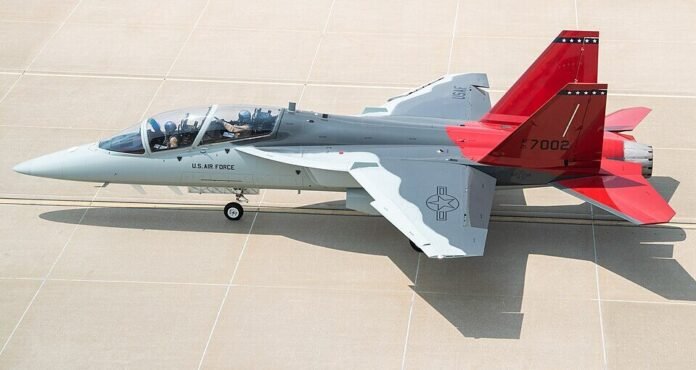China suspends Boeing deliveries and parts purchases as trade tensions with US intensify.
The trade war between the United States and China took a dramatic new turn this week as Beijing reportedly instructed its airlines to cease all future deliveries of Boeing aircraft—a stinging blow for the American aerospace giant amid deepening tensions.
According to Bloomberg News, the Chinese government has quietly ordered domestic carriers to halt both the purchase of new Boeing jets and the procurement of aircraft parts and equipment from US firms. The move follows China’s decision on Friday to impose retaliatory tariffs of up to 125% on American goods—retaliation for Donald Trump’s sweeping 145% tariff hikes on Chinese imports earlier this month.
Sources close to the matter revealed that roughly 10 Boeing 737 Max jets are currently being prepared for Chinese customers. Deliveries that were finalised before China’s new tariffs kicked in may still be honoured, but all future deliveries are now in jeopardy.
Embed from Getty ImagesThe fallout is already reverberating through the aviation industry. Analysts warn the restriction could severely damage Boeing’s global recovery, just as the company struggles with production delays, parts shortages, and shareholder unrest over years of underinvestment.
“This is a major escalation,” said one aviation expert. “China is not only targeting aircraft—they’re signalling to US manufacturers that retaliation will be felt where it hurts.”
Boeing, which has already lost 7% of its market value since January, has acknowledged the growing risks. In March, its CFO Brian West admitted tariffs could disrupt the supply chain and affect the availability of critical parts. Meanwhile, Michael O’Leary, the outspoken CEO of budget airline Ryanair, hinted that his company might delay planned Boeing deliveries. Speaking to the Financial Times, he said, “We might delay them and hope that common sense will prevail.”
China’s hardline move is likely to benefit its European rival, Airbus. However, even Airbus is not immune to the ripple effects of the trade war. On Tuesday, CEO Guillaume Faury warned shareholders that supply issues linked to US firm Spirit AeroSystems were slowing production of the A350 and A220 jetliners.
The broader economic picture remains tense. President Trump’s aggressive tariff policy has rattled global markets since its abrupt rollout on 2 April. While some recovery was noted this week—with the S&P 500 rising 0.7% after the president temporarily paused tariffs on smartphones and laptops—the index is still down 7% for the year.
Uncertainty looms over other key sectors. Washington is now investigating the national security impact of trade in pharmaceutical products and computer chips. In a notable countermeasure, chipmaker Nvidia announced plans to invest $500bn in US-based AI infrastructure over the next four years—an attempt to insulate itself from geopolitical risk.
Markets in Asia responded cautiously to the unfolding chaos. Japan’s Nikkei and South Korea’s Kospi both rose slightly on Tuesday, buoyed by Trump’s pledge to support automakers. The US has already announced a 25% tariff on all foreign car imports, exempting only Canada and Mexico. Analysts at Telemetry warned the policy could slash 1.8 million car sales in the US and Canada this year.
In Europe, sentiment improved slightly following optimistic comments from US Vice-President JD Vance. Speaking to Unherd, he expressed confidence in a future trade deal with the UK. “We’re working very hard with Keir Starmer’s government,” said Vance. “There’s a real cultural affinity. America is an Anglo country, and I think there’s a good chance we’ll come to a great agreement.”
But with Boeing caught in the crossfire and Beijing digging in, it’s clear the economic clash between the world’s two largest economies is only getting more volatile.
